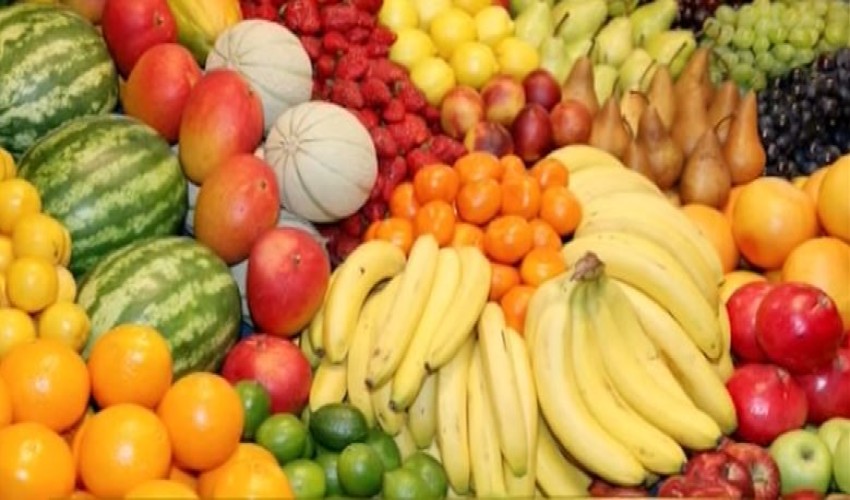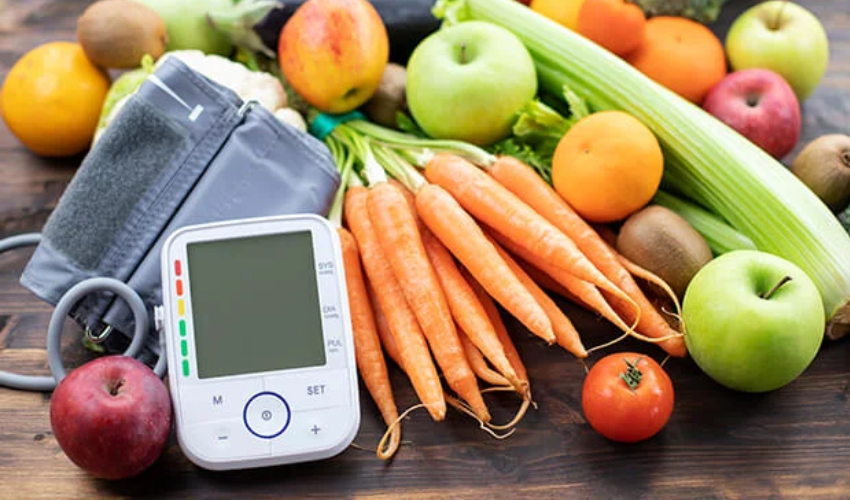Throughout Ramadan, fasting individuals prioritise the consumption of fruits between iftar and suhoor owing to their significant advantages in enhancing the body's fasting ability and mitigating daytime thirst.
According to the health experts, fruit consumption during Ramadan is crucial, as fruits offer essential minerals and vitamins. It is vital to spread out fruit intake between iftar and suhoor, choosing the appropriate type for each meal to optimise benefits.
Fruits assist in hydrating the body, combating fatigue after iftar, replenishing lost water during fasting, providing necessary sugars, relieving hunger and thirst, boosting the immune system, and guarding against infectious diseases.
Watermelon, oranges, grapes, and fresh or dried figs are recommended for iftar, whereas dates, bananas, and avocados are ideal for suhoor due to their abundant nutrient content, which alleviates stress, supports fasting endurance, promotes heart health, regulates blood pressure, and delivers essential nutrients such as potassium, magnesium, folic acid, vitamin C, and vitamin K.



























